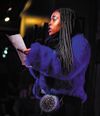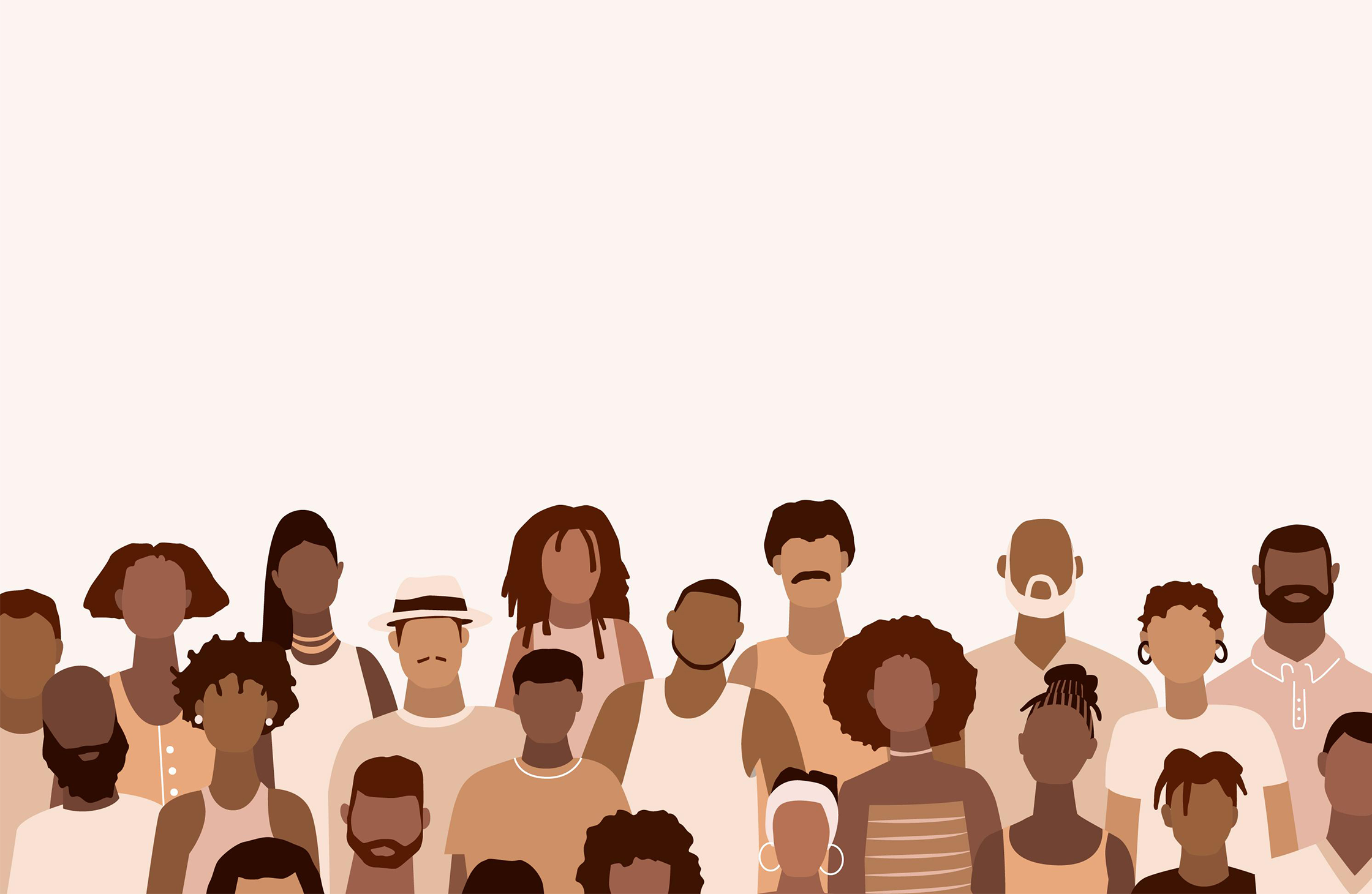Image by Freepik
Over the years, I've watched over 100 shows and movies that are significant amongst historical Black activists: historical accounts of Black people that have been the ‘firsts’ in their fields, Black inventors and other people who represent Black success, and successful Black people in the modern era that motivate us to aim high. I’ve realized that still, to this day, most of them haven’t been acknowledged, or haven’t been recognized for their achievements as much as they should be.
They haven’t been honored and showered with thanks. They haven’t been praised in schools or in our history books, or spoken about in school announcements or at our school assemblies during Black history month. They’re still not brought up enough in Black student unions, in hospitals, theaters, restaurants, clinics, courtrooms, police departments, malls, amusement parks, hair salons, nail shops, phone stores, furniture stores, museums, and spas.
Most Black girls and Black boys have never even heard of so many heroes of Black history, which means the next generation won’t know about them, either. They will grow up not knowing their own capabilities.
But don’t worry, because I’m here to change that! Right here! Right now! We must all say their names!
First, let’s look at Black activists and politicians. We have the historical Black activist that goes by the name of Roy Wilkins, the executive director of the NAACP. Also of note are Medgar Evers, the first field secretary of the NAACP in Mississippi; Charles Hamilton Houston, the first general counsel of the NAACP; and Harry and Harriette More, those that organized the NAACP in central Florida. Then, there is Whitney M. Young Jr, the executive director of National Urban League. A. Philip Randolph was the president of the Brotherhood of Sleeping Car Porters and of the Negro American Labor Council. Bayard Rustin was the deputy director of the March on Washington, and an advocate for the LGBTQ+ community. James Farmer was the national director for Congress of Racial Equality (CORE). John Lewis, besides being in congress, was the national chairman of the Student Nonviolent Coordinating Committee (SNCC). Thurgood Marshall was the first Black person to serve as a Supreme Court Justice.
Second, we have to talk about the first historical individuals that paved the way for future Black generations in the professional realm. James McCure Smith was the first African American to earn a medical degree. Mary Eliza Mahoney was the first professionally trained and licensed Black nurse. Macon Bolling Allen was the first African American lawyer. Robert Tanner Freeman was the first professionally trained Black dentist. Daniel Hale Williams performed the world’s first successful heart surgery. Granville Tailer Woods was the first African American mechanical and electrical engineer after the civil war. George Washington Carver was the first African American to earn Bachelor’s and Master's degrees in science. Molly Williams was the first Black female firefighter. Samuel J. Battle was the first Black police officer in the United States. Augustus Nathaniel Lushington was the first Black veterinarian in America. Edward Christopher Williams was the first professionally trained Black librarian in the United States and an expert in bibliography. Francis Summer was the first African American to receive a PhD in psychology. Finally, we have Susie King Taylor, who was the first Black teacher in America.
To finish it off, we’ll maneuver towards the Black inventors and industry leaders that empower our youth to aim high. For starters, we have Garret Morgan, who invented the three-light traffic signal. Frederick McKinley Jones invented refrigerated trucks. Alexander Miles invented automatic elevator doors. Marie Van Brittan Brown invented the first home security system. John Pudy was the creator of the folding chair (like the one used to prevent an attempted lynching in Montgomery!). Benjamin Banneker was the creator of the first wooden clock that struck on the hour. Last but not least, we have Molly Dean, the co-inventor of IBM’s original personal computer and the color PC monitor.
These historical Black activists, Black mission starters, and Black inventors have paved the way for us to reach the best versions of ourselves. Their examples help us travel through this maze to a place of hope. We stand on the shoulders of giants — because of them, we are able to climb mountains. Me must be resilient, and persevere, and most of all, we must be willing to transform. It is too easy to become sickened by the false narratives of our race. We take so much damage along our journey to significance. We must cleanse our minds of negative doubts and the things that may drag us down, and turn our dreams into reality.
Books about Black historical figures should be what we wish to be given on Valentine’s Day. On St.Patrick's Day, we should be wearing the colors brown and black to represent them. Pictures of Black heroes should be what we see in our Easter baskets, and on the 4th of July, we should be telling our children's children about them. Every Thanksgiving, we need to talk about them as we acknowledge who we’re thankful for. We should be asking for books, movies, and other gifts about important Black historical figures as Christmas gifts, in our stockings and under our trees.
The black activists and creators have opened so many doors, and invented a plethora of things that we still use till this day, and they deserve to be talked about every day! Not just for Black History Month!
Anyla aspires to become a poet, short story writer, and essayist speaking about racism against Black people, current world problems, and hot topics. When she writes, she does it with purpose and passion. Anyla feels destined to touch others with her words, and wants to be known as someone who takes a stand and impacts lives with her writing.


